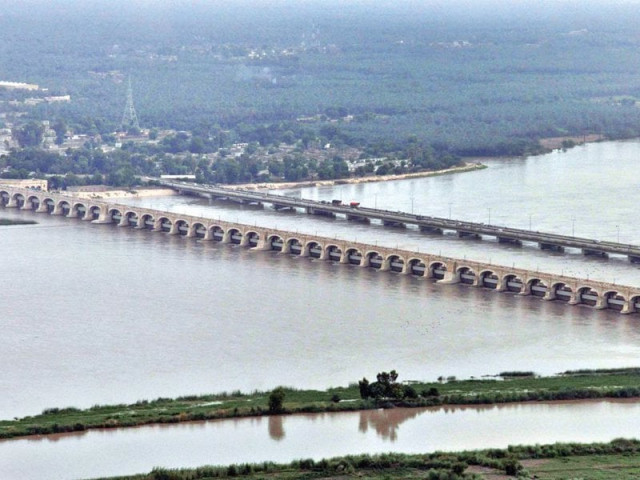World Bank’s intriguing advice
Islamabad should take some decisions on the urgent basis on the home front

PHOTO: FILE

The treaty, signed in 1960, gives India control over the three eastern rivers of the Indus basin — the Beas, the Ravi and the Sutlej— while Pakistan has the three western rivers— the Indus, the Chenab and the Jhelum. The IWT also sets up a mechanism, the Permanent Indus Commission, which includes a commissioner from each country. Pakistanis argue that the designs of the two Indian projects violate both legal and technical provisions of the treaty. However, it were the Pakistani negotiators at the time of signing of the IWT in 1960 who had agreed to India officially withdrawing up to 3.6 MAF of water for local use on the pretext that this shared water would also benefit their Muslim brethren in Kashmir without even bothering to specify the size of the so-called small storages. The chances of India scrapping the treaty altogether and/or diverting the western rivers are negligible to none. But one thing seems certain: India will continue to build additional storages on the Indus Rivers to store more water than its allowed quota of up to 3.6 MAF of water. This will also provide India the option of denying the right amount of water at the right times to our farmers adversely affecting cropping and per acre yields. Therefore, while we must keep trying to get the Treaty to protect our rights allowed in it, Islamabad should take some decisions on the urgent basis on the home front. First, it should accelerate work on Diamer Bhasha Dam. Next, lining of water canals and water courses should be undertaken on priority basis as Pakistan loses almost half of its existing available water through seepage in the irrigation system. This is also the prime cause of waterlogging and salinity which are turning large areas of fertile land barren. According to WAPDA’s published figures, average cereal production in Pakistan against a meter cube of water is mere 0.13 kg. In India, the same amount of water yields 0.39 kg., yield in China is estimated at 0.82 kg, in the US 1.56 kg and in Canada 8.2 kg. Clearly better management of water resources, efficient crop yields will cancel any adverse repercussions on our farm sector in case India tried to use the weapon of water.
Published in The Express Tribune, December 19th, 2016.
Like Opinion & Editorial on Facebook, follow @ETOpEd on Twitter to receive all updates on all our daily pieces.















COMMENTS
Comments are moderated and generally will be posted if they are on-topic and not abusive.
For more information, please see our Comments FAQ